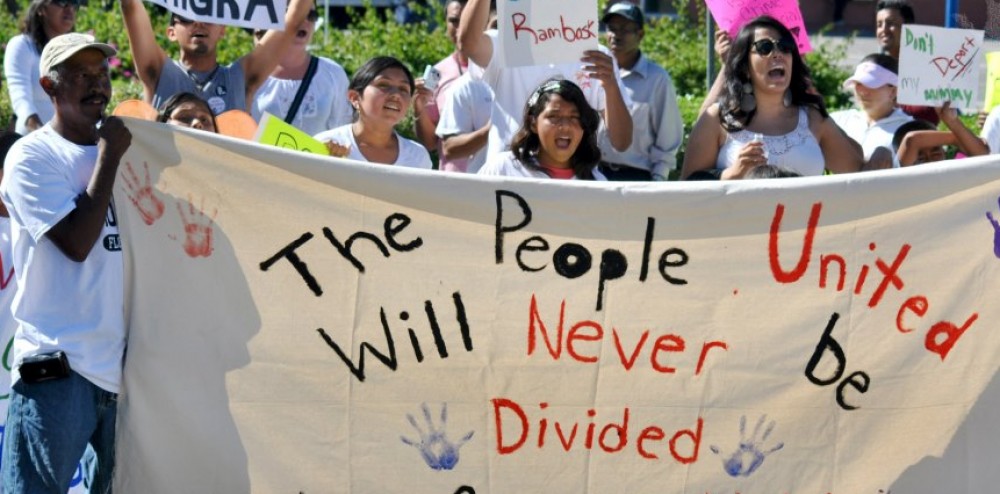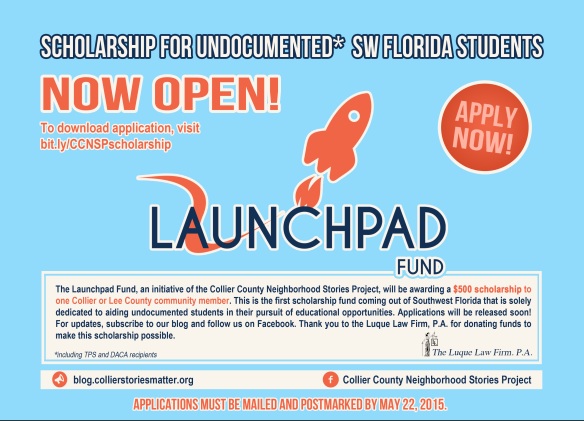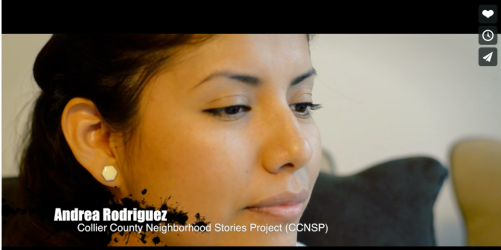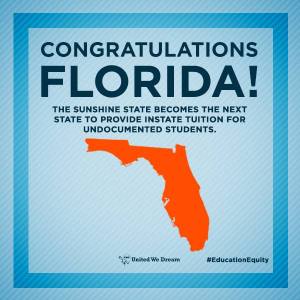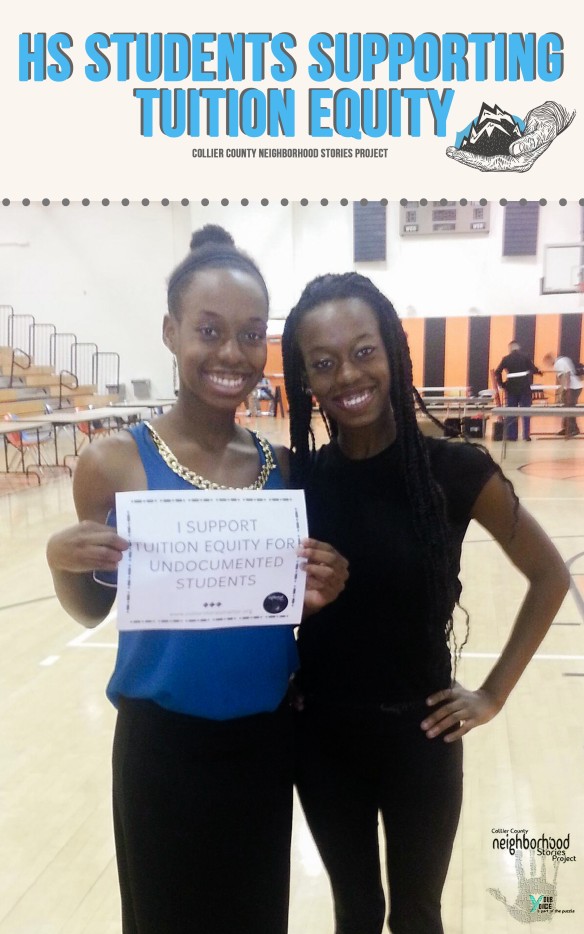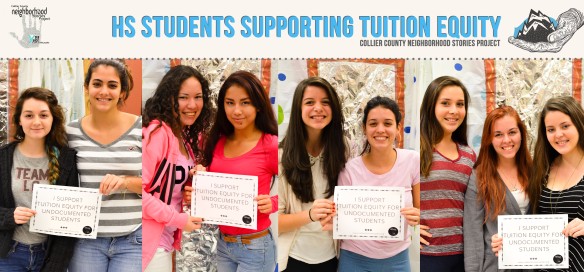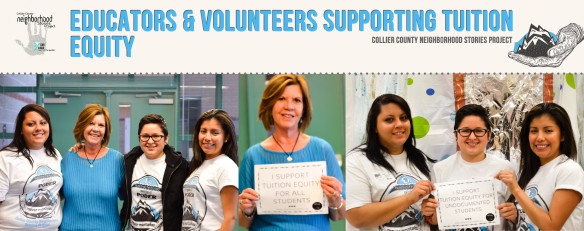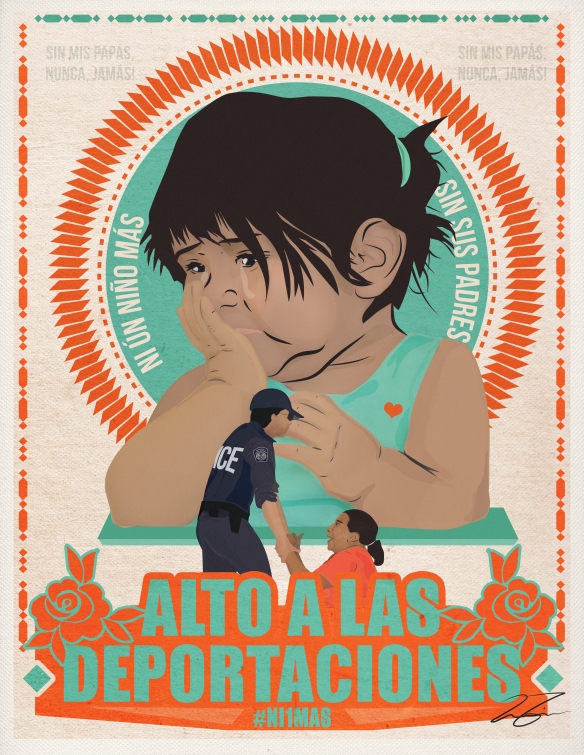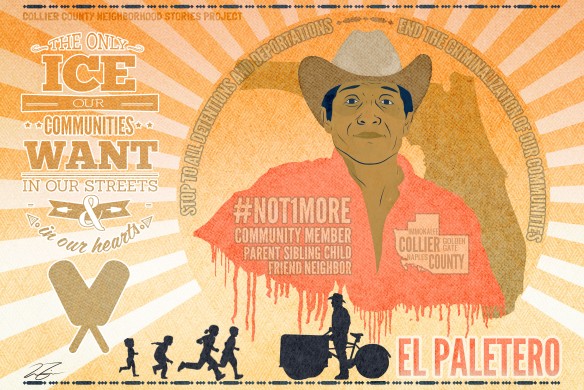March 2nd, 2015
The Collier County Neighborhood Stories Project is releasing the first ever scholarship fund for undocumented students in Southwest Florida (Collier and Lee Counties). We are excited to offer one qualifying community member a $500 scholarship to go toward their future or current educational prospects. This opportunity was made possible by the generous donation by the Luque Law Firm, P.A. For more information on this firm, please scroll below.
You can download the application here
OVERVIEW
The Launchpad Fund knows that financial assistance for undocumented community members seeking educational opportunities is extremely limited. Because of this, we believe that by helping our community with financial support, dreams that were once unattainable become possible. We believe in our namesake: providing a Launchpad for individuals to reach their dreams.
REQUIREMENTS
One $500 scholarship is available for a community member who meets all of the following requirements:
- Reside in Collier or Lee counties
- Do not have legal status in the country (i.e. Permanent residency or U.S. citizenship) or have received Deferred Action for Childhood Arrivals (DACA) or Temporary Protective Status (TPS); ***
- Demonstrate financial need*
- Are currently a high school senior, obtained a high school diploma or GED equivalent;
- Are attending or seeking to attend:**
- a community college;
- a four-year university; or
- a trade/vocational/technical school
- Have obtained a 2.5 GPA
- Have one letter of recommendation*
- Commit to working with the Collier County Neighborhood Stories Project*
- Submit a personal statement/submission*
Applications should be sent to:
Collier County Neighborhood Stories Project
P.O. Box 62071
Fort Myers, FL 33906
postmarked by May 22nd, 2015. We are NOT accepting electronic applications. Semi-finalists will be contacted for a final interview and the finalist will be notified by late June 2015. Questions regarding the application can be emailed to launchpad@collierstoriesmatter.org
*These topics are discussed in detail in the next page **If in high school, send us a copy of an unofficial transcript. If you have graduated, send us a copy of your high school diploma or your GED certificate. Please do not send us originals. Only copies. ***Send us a copy (not an original) of your DACA/TPS approval notice.
OUR CONTRIBUTOR
Immigration Attorney
Erica Luque, Esq. – Managing Partner
5037 Tamiami Trail East
Naples, Florida 34113
(239) 986-1196
